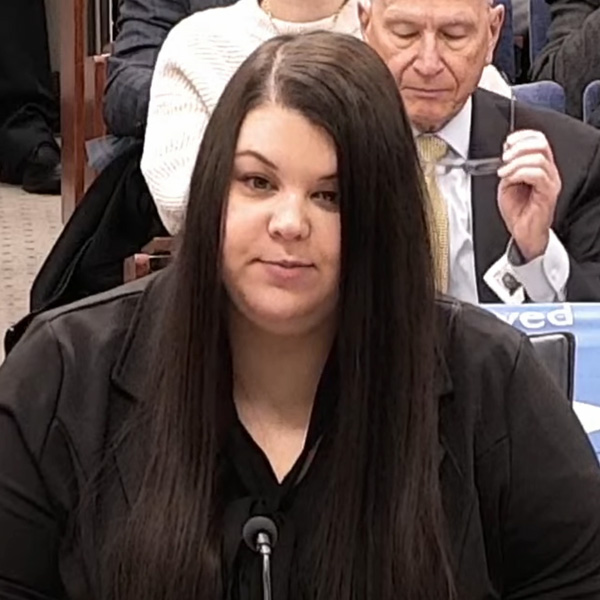
A study released Dec. 19 by FERC, NERC and the Texas Reliability Entity on black-start resource availability in Texas raises concerns about ERCOT’s dependence on natural gas to kick-start the grid during an emergency (AD24-5).
The study was launched in November 2022, following a recommendation by the commission and NERC’s joint inquiry into the winter storm that caused mass outages across Texas and the South Central U.S. in February 2021. (See FERC, NERC Release Final Texas Storm Report.) Staff focused on the availability of black-start and next-start resources and ERCOT’s procurement of black-start resources for its system restoration plan, while also assessing registered entities’ black-start resource testing, fuel-switching tests, fuel delivery infrastructure and other activities.
A black-start resource is a generating unit and its associated equipment that can be started without external support from the electric grid, or that is designed to remain energized without connection to the broader system. The first generator in a cranking path to be energized using power from the black-start unit is called a next-start unit.
The report indicated that ERCOT has well-defined processes for securing enough black-start resources to meet the needs of its restoration plan. However, ERCOT’s heavy reliance on natural gas for black-start and next-start generation could create problems. Presenting the report at the commission’s open meeting Dec. 19, Chanel Chasanov, of FERC’s Office of the General Counsel, said the study highlighted the “shared responsibility and need for the electric and natural gas industries to work together to plan for a blackout.”
Nine entities participated in the study, according to the report. The team aimed to identify participants that:
-
- were subject to NERC reliability standard EOP-005-3 (System restoration from blackstart resources);
- were located within ERCOT and possess different types of black-start resources;
- had significant responsibilities during black-start restoration;
- produced, processed and transported natural gas to black-start and next-start resources;
- have experienced natural gas curtailments; and
- have performed black-start resource testing under actual or anticipated conditions.
FERC, NERC and Texas RE staff reviewed documents provided by each participant and conducted on-site and virtual discussions to gain more information. After identifying best practices and opportunities for improvement among the entities, they produced several recommendations for addressing potential shortcomings.
The first set of recommendations applies to entities responsible for developing and implementing black-start restoration plans. Members of the study team advised entities to examine each black-start resource’s limits, including potential fuel issues and single points of failure.
Where possible, utilities should identify a wide range of options to incorporate into their plans, “beyond a reliance on traditional black-start resources,” the study says. Alternate options could include electric bypasses, HVDC ties and nonfuel energy resources, such as inverter-based resources and batteries.
To mitigate the risk of natural gas pipeline failures during outage events, the team suggested that entities add off-site gas storage options to their restoration plans. Report authors also recommended that owners of dual-fuel-capable resources be required to test alternate fuel options to verify they can perform when the primary fuel is unavailable.
Another group of recommendations was aimed at state regulators and other authorities with the ability to “facilitate and moderate engagement among the entities” involved in restoration. These stakeholders were advised to examine the potential impact of a blackout on the gas supply chain, which Texas RE Chief Engineer Mark Henry explained “could help the electric and natural gas industries better understand what action is required in a blackout and which electric and … gas entities are vital for black-start system restoration.”
The team also suggested that state and other authorities consider raising the priority of gas supply and transportation to black-start and next-start resources, as part of a coordinated restoration plan “that incorporates the needs of both the electric and natural gas industries.”
FERC Chair Willie Phillips thanked the team for their work and urged stakeholders to read the report.
“These recommendations are important. It really gets to the heart of what we’ve been talking about all year, which is reliability and resilience, and I cannot underscore how important it is that everyone pay close attention to the work that you’ve done,” Phillips said.


